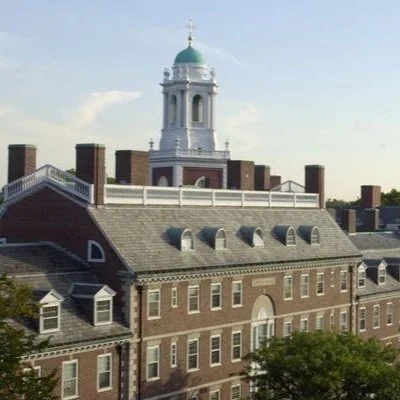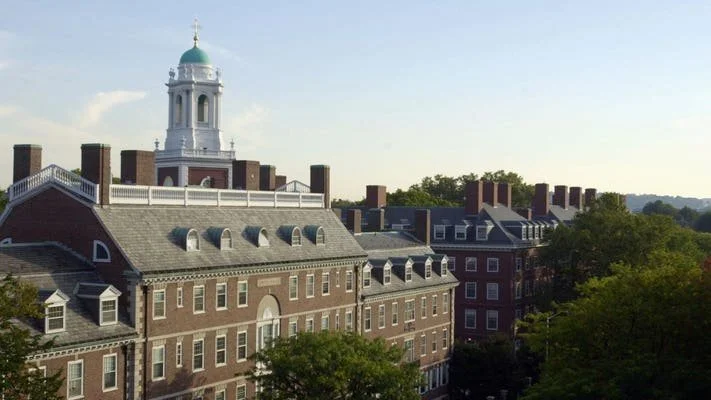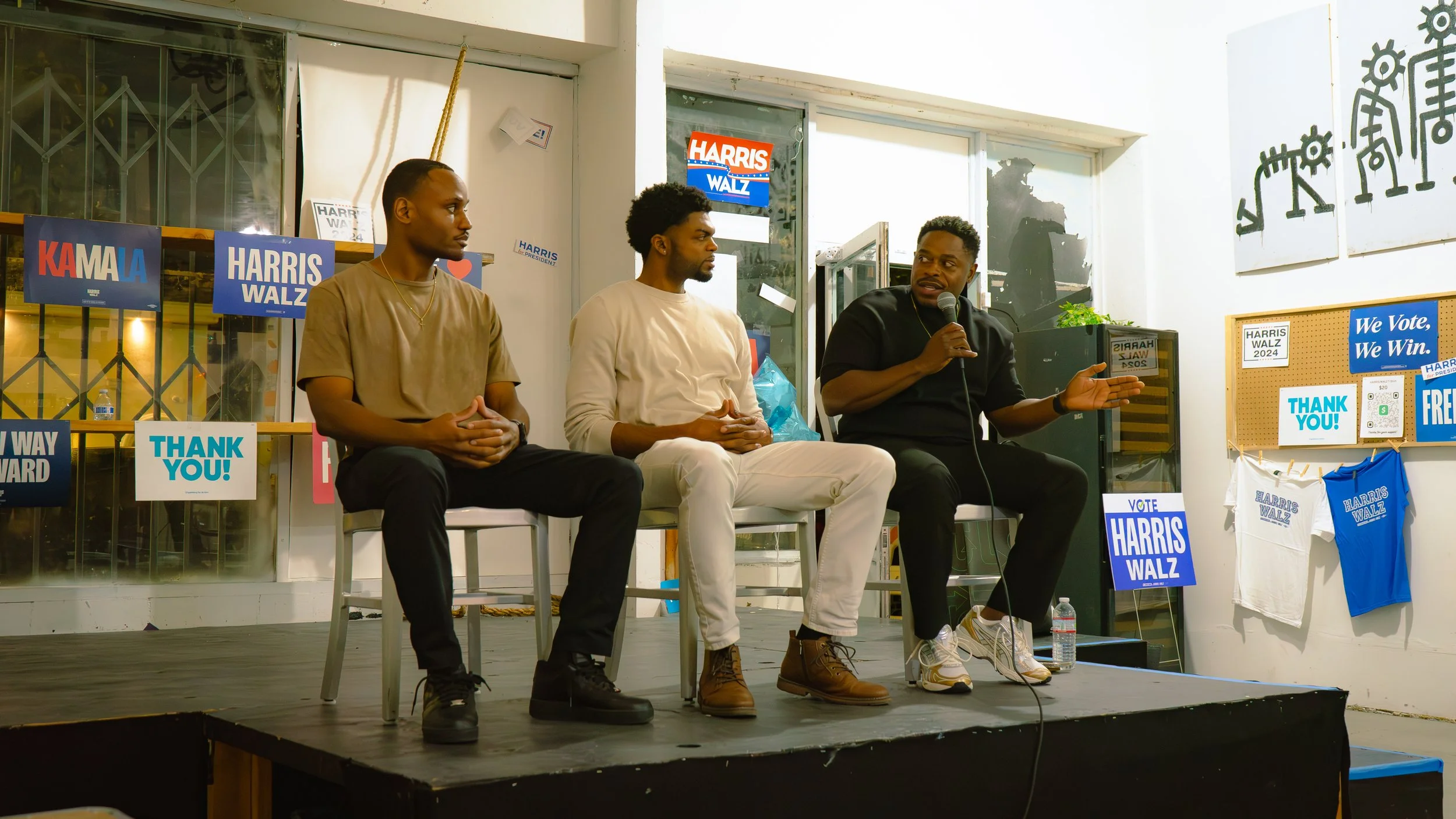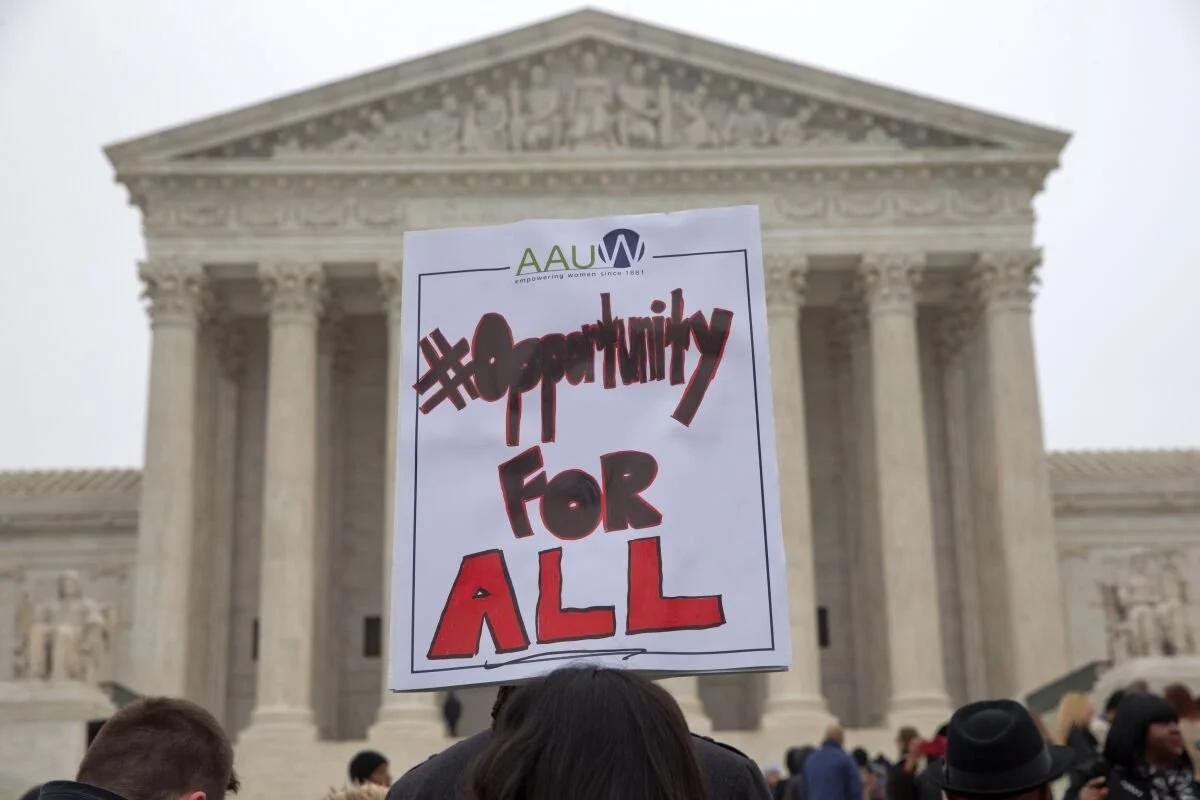US Education Probes Harvard's Legacy Admissions for Discrimination
The U.S. Education Department launches investigation into Harvard University legacy admissions practices amid reports of discrimination, following the Supreme Court's ruling on affirmative action. We discuss it here!
A legal group reported that the Department of Education has launched an investigation into Harvard University's legacy admission policy. (Getty Images)
By: Adonis Armstrong
Following reports of discrimination, the U.S. Education Department has initiated an investigation into Harvard University's legacy admissions practices.
Yesterday July 25th, The Associated Press disclosed that the Office for Civil Rights is conducting an investigation into legacy admissions at schools, prompted by increased scrutiny following the Supreme Court's affirmative action ruling, which struck down a program that supported diversity in higher education.
A spokesperson for Harvard University stated that the institution has conducted a review of its admission policies to ensure compliance with the recent ruling of the nation's highest court. “As this work continues, and moving forward, Harvard remains dedicated to opening doors to opportunity and to redoubling our efforts to encourage students from many different backgrounds to apply for admission,” the spokesperson stated.
The civil rights investigation was initiated by a lawsuit filed shortly after the Supreme Court's June ruling that ended affirmative action in college admissions, prohibiting the use of race as a specific criterion for candidate selection. The court ruled that the schools use of racial factors in their admissions process violated the Constitution's equal protection guarantee, putting an end to systems that aimed to facilitate access to higher education for Black and Latino students.
NAACP President and CEO Derrick Johnson commended the government department for taking the initiative to ensure the higher education system “works for every American, not just a privileged few.” Johnson added, “Every talented and qualified student deserves an opportunity to attend the college of their choice. Affirmative action existed to support that notion. Legacy admissions exist to undermine it.” Earlier this month, Harvard’s first Black president, Claudine Gay, officially took office. She pledged that the university will stay determined to uphold a diverse student body.
YOU MAY ALSO BE INTERESTED IN:
SHARE TO SOCIAL MEDIA
Supreme Court Rules Affirmative Action Programs in Education Unconstitutional
The Supreme Court's declaration of affirmative action programs as unconstitutional has a significant impact on higher education access for Black and Latino students. We discuss it here!
During the 2015-'16 term, when race-conscious college admissions were last upheld, a protester in favor of affirmative action demonstrated outside the Supreme Court. (Jacquelyn Martin / Associated Press)
By: Adonis Armstrong
The educational system faces significant impact as the Supreme Court's decision raises concerns about potential racial discrimination.
Today June 29th, the Supreme Court of the United States delivered a verdict declaring affirmative action programs at Harvard University and the University of North Carolina as unconstitutional. According to The Washington Post, the court deemed the schools usage of racial factors in their admissions process to be a violation of the Constitution's equal protection guarantee. Consequently, this ruling brings an end to the systems that were established to facilitate access to higher education for Black and Latino students.
Chief Justice John G. Roberts Jr., representing the conservative members in the majority, expressed their position in a written decision letter. “The student must be treated based on his or her experiences as an individual — not on the basis of race,” he penned. “Many universities have for too long done just the opposite. And in doing so, they have concluded, wrongly, that the touchstone of an individual’s identity is not challenges bested, skills built, or lessons learned but the color of their skin. Our constitutional history does not tolerate that choice.”
Particularly, Roberts highlighted the admission programs of Harvard and UNC, “lack sufficiently focused and measurable objectives warranting the use of race, unavoidably employ race in a negative manner, involve racial stereotyping, and lack meaningful end points.”
In dissenting with the court's ruling, Justices Elena Kagan, Ketanji Brown Jackson, and Sonia Sotomayor expressed their opposition to the decision. “Today, this court stands in the way and rolls back decades of precedent and momentous progress. It holds that race can no longer be used in a limited way in college admissions to achieve such critical benefits,” Sotomayor stated. “In so holding, the court cements a superficial rule of colorblindness as a constitutional principle in an endemically segregated society where race has always mattered and continues to matter.” Due to her previous involvement on a board at Harvard University, Judge Ketanji Brown Jackson recused herself from the case related to the institution.










Meet Adonis Armstrong, Co-Founder & President of 247 Live Culture!
Email: Adonis@247LiveCulture.com